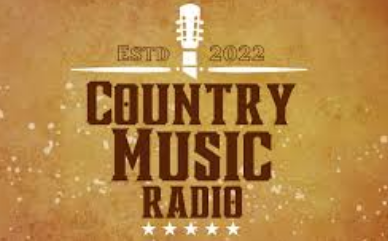Country Music Radio Station

The role of country music radio stations extends far beyond mere entertainment; they serve as vital cultural touchstones that shape the genre’s landscape and its audience. Stations such as WUSN and KILT not only showcase a diverse array of talent but also weave the rich narratives intrinsic to country music into the fabric of local communities. By examining how these platforms influence both artists and listeners, we can uncover the complexities that sustain their relevance in an ever-evolving musical environment. What might this reveal about the future trajectory of country music as a whole?
History of Country Music Radio
The history of country music radio is a rich tapestry that reflects the genre’s evolution, cultural significance, and the transformative role it has played in shaping American music and identity.
From the early broadcasts of country music pioneers to the radio broadcasting evolution that integrated diverse sounds, these stations have been instrumental in popularizing country music, fostering community, and celebrating the freedom of expression inherent in the genre.
Read more: Country Music Radio
Influence on Artists and Fans
Country music radio stations have profoundly shaped the careers of countless artists while simultaneously cultivating a dedicated fan base that resonates with the genre’s themes and narratives.
Through strategic artist collaborations and targeted programming, these stations foster fan engagement, creating a dynamic dialogue between performers and listeners.
This interaction not only amplifies individual careers but also strengthens the communal spirit inherent in country music culture.
Popular Country Radio Stations
Numerous popular country radio stations across the United States play a pivotal role in shaping the genre’s landscape, providing a platform for both emerging and established artists while fostering a loyal listener community.
Top country stations, such as WUSN in Chicago and KILT in Houston, serve as regional favorites, curating diverse playlists that reflect local culture and preferences, ensuring the genre’s vibrant evolution.
Read more: Cool:Xu3qdbthz7a= Anime
Conclusion
The evolution of country music radio stations underscores their vital role in shaping the genre’s trajectory and cultural significance.
By fostering connections between artists and audiences, these stations not only promote established acts but also serve as launching pads for emerging talent.
As these platforms continue to curate diverse playlists reflective of regional cultures, one must consider: how will the ongoing transformations in technology and listener preferences further influence the future landscape of country music radio?




